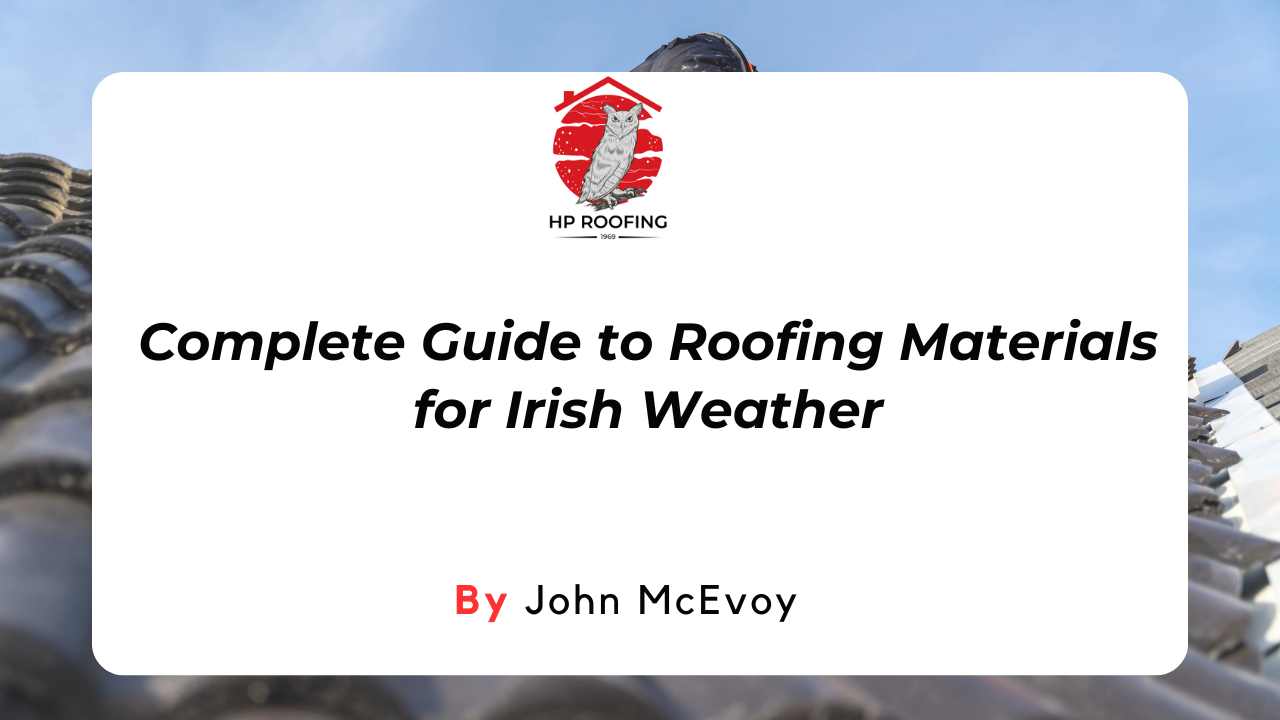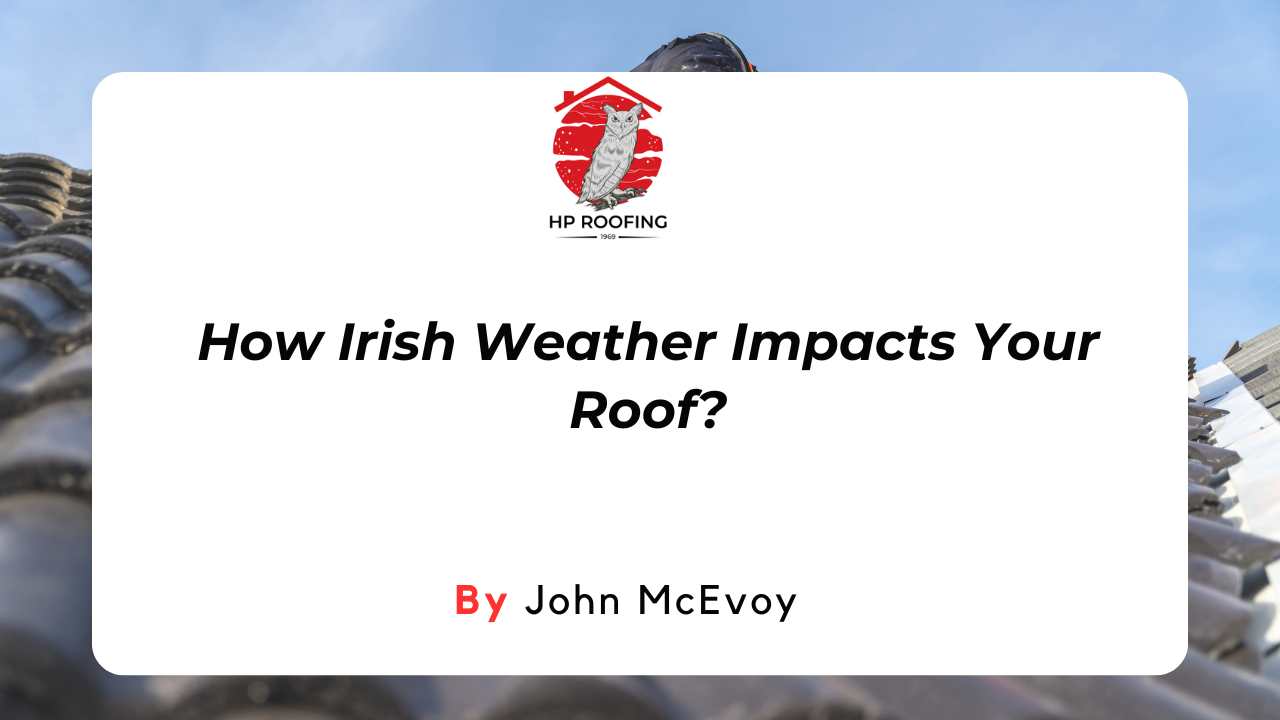Are you noticing water stains on your ceiling or walls but can't figure out why? Roof leaks are a common issue for many homeowners, and they can lead to significant damage if not addressed promptly. Understanding the causes of roof leakage is the first step in preventing potential damage to your home. From the wear and tear of ageing roofs to the impact of severe weather, several factors can compromise your roof's integrity.
This blog post will explore the 11 most common causes of roof leaks, providing insights into how to identify and address these issues before they become more severe. So, let's explore these causes and learn how to maintain a leak-free roof.
What Are the Causes of Roof Leakage?
Understanding the root causes of roof leaks is essential for maintaining the integrity and longevity of your roofing system. Each factor, from age to improper installation, plays a critical role in the health of your roof.
1. Age of Roof
As the roof ages, it can become worn down and less able to protect your home from the elements. Over time, shingles can break or fall off, allowing water to seep in and cause damage. If you have an older roof, it's important to have it inspected regularly to check for signs of wear and tear.
2. Incorrect Installation
Another common reason for roof leakage is incorrect installation. If your roof was not installed properly, it may not be able to protect your home from the elements as well as it should. This can lead to leaks and other problems. If you're having a new roof installed, be sure to hire a reputable roofing contractor who will do the job right.
3. Poor Maintenance
If you don't take care of your roof, it won't be able to take care of you. Proper roof maintenance is essential to keeping your roof in good condition. Be sure to have it inspected and cleaned regularly. Remove any debris that could clog drains or cause other problems.
4. Bad Weather
Bad weather is one of the most common causes of roof leakage. High winds can loosen or damage shingles, allowing water to seep in. Heavy rains can also cause problems, as they can saturate the ground around your foundation and lead to water damage. If you live in an area with severe weather, it's important to take extra steps to protect your roof.
5. Poor Ventilation
If your attic is not properly ventilated, it can cause problems for your roof. Hot air rising from the attic can cause the shingles to break down over time. This can lead to leaks and other problems. Be sure to have proper ventilation in your attic to prevent this from happening.
6. Lack of Gutters or Improper Gutters
Without gutters or with improper gutters, rainwater can pool around your home's foundation. This can lead to water damage and leaks. Be sure to have proper gutters installed to protect your home from this type of damage.
7. Animal Damage
Animals can also cause roof leaks. Squirrels, birds, and other animals can gnaw on shingles or make holes in your roof. This can allow water to seep in and cause damage. Be sure to keep animals away from your roof to prevent this from happening.
8. Excessive Snow
If there is too much snow on your roof, it can cause problems. The weight of the snow can damage your roof, and the melting snow can cause leaks. Be sure to shovel the snow off your roof regularly during the winter to prevent this from happening.
9. Wind Damage
High winds can damage your roof and cause leaks. Be sure to have your roof inspected after a severe storm to check for any damage.
10. Faulty Flashing
Metal flashing is the material used around chimneys, skylights, and other openings in your roof. If the flashing is not installed properly, it can allow water to seep in and cause damage. Be sure to have your roof inspected regularly to check for any problems with the flashing.
11. Clogged Drains
If your roof drains are clogged, it can cause water to pool on your roof and lead to leaks. Be sure to keep your drains clear of debris to prevent this from happening.
What Damage Can a Leaking Roof Cause?
A leaky roof is more than just a nuisance. It can actually cause extensive damage to your home, both in the short and long term. In the short term, water from a leak can damage ceilings, walls, and flooring. It can also lead to the growth of mould and mildew, which can cause respiratory problems for you and your family.
In the long term, leaks can weaken the structural integrity of your home and lead to expensive repairs. That’s why it’s so important to address the causes of roof leakage as quickly as possible. The longer you wait, the greater the damage will be. So if you suspect that your roof is leaking, don’t hesitate to call HP Roofing for roof repair.
How Do I Stop My Roof from Leaking?
Once you have identified what causes roof leaks, it's time to know how we can prevent them. If your roof is leaking, the first thing you need to do is identify the source of the leak. Make sure that there are no loose shingles or tiles, and check for any cracks or holes in the roofing material.
Once you've located the source of the leak, you can try to patch it with a sealant or repair it with some new roofing material. If the damage is extensive, however, you may need to replace the entire section of roofing. In any case, it's important to fix a leaking roof as soon as possible to prevent further damage to your home.
Final Thoughts
Ignoring a roof repair can lead to serious damage to your home or business. If you're having problems with your roof or any other roofing materials, be sure to have them inspected by a professional roofing contractor. They can help you identify what causes roof leaks and find the best solution. Contact HP Roofing for residential and commercial roof repair services.
















